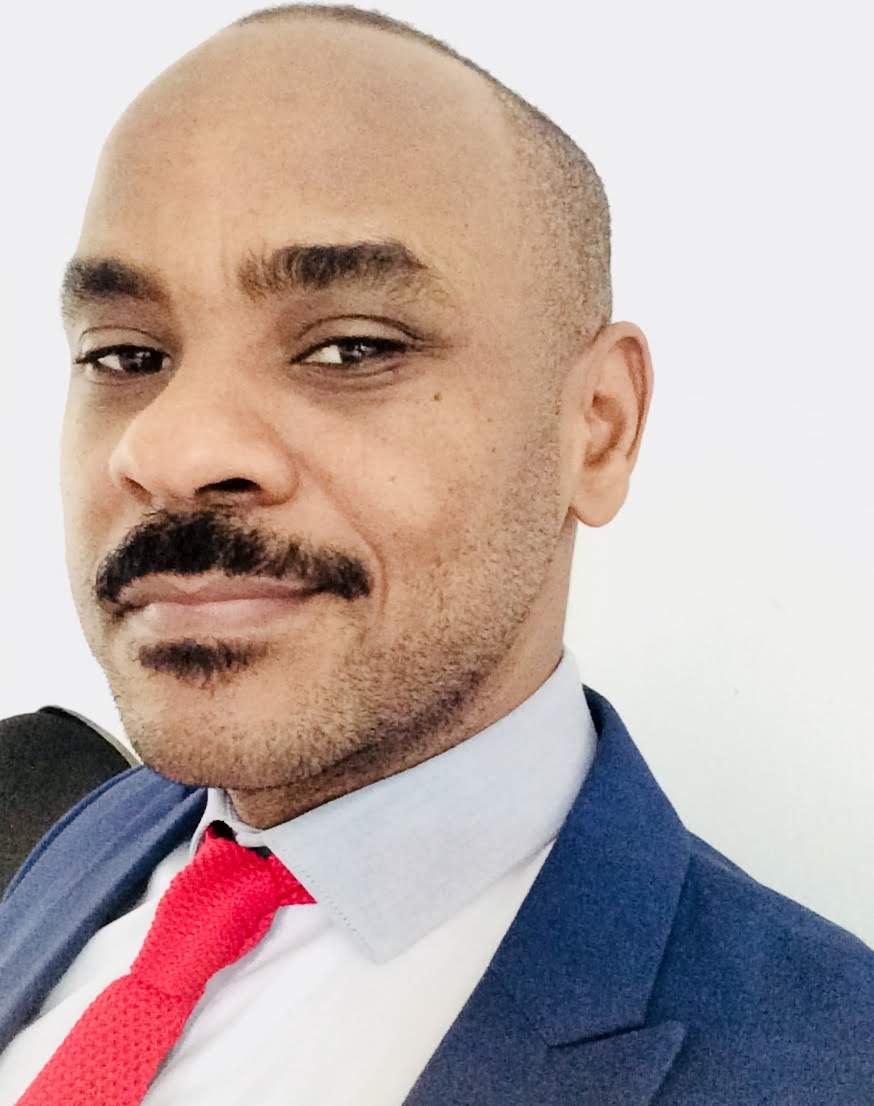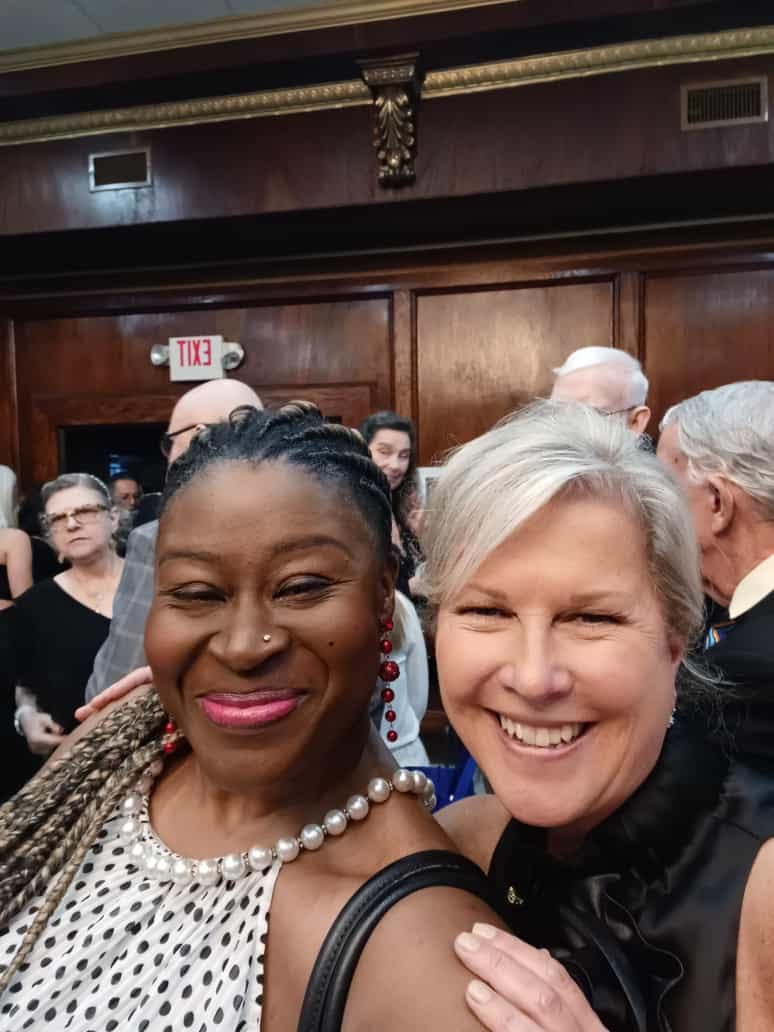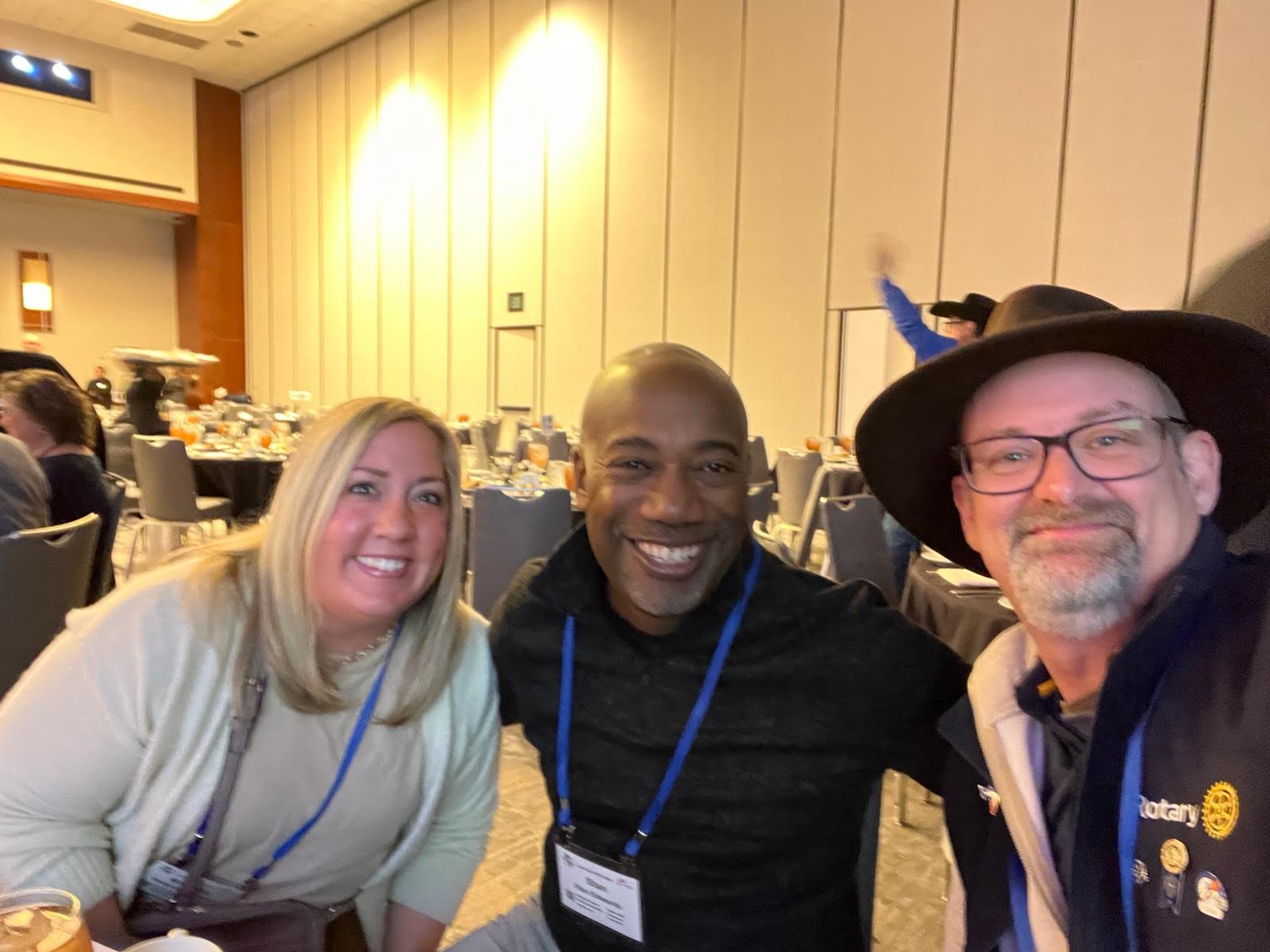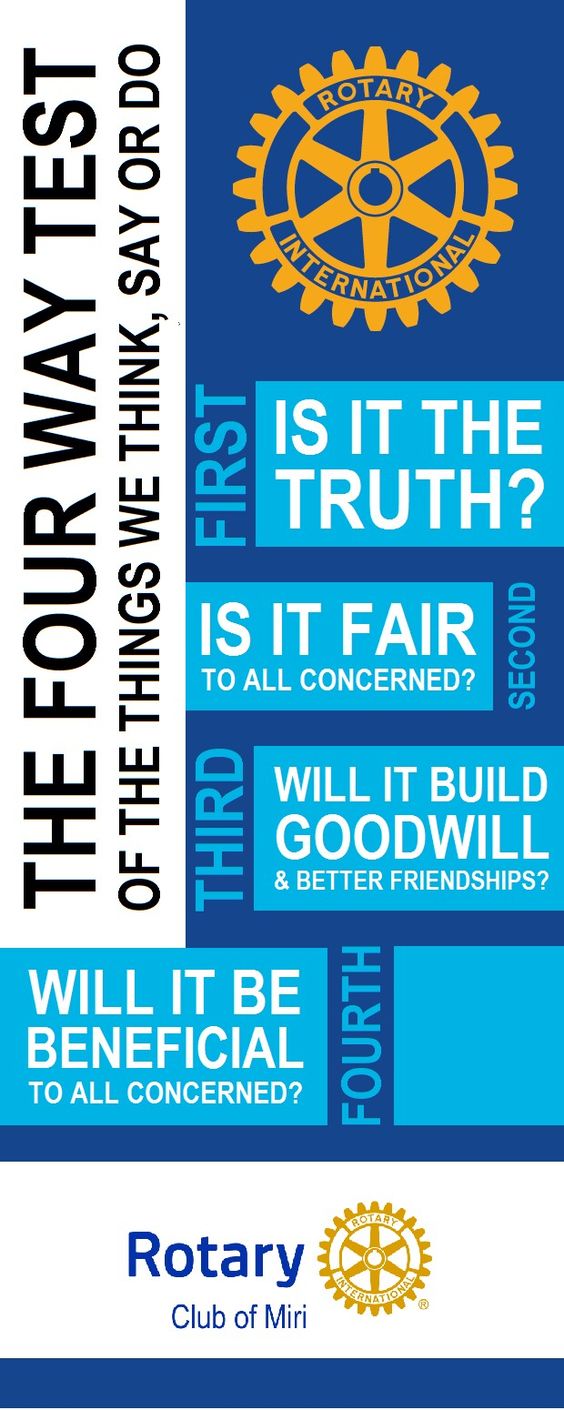Brittany and I had the chance to attend PETS together this month and do some strategic planning
for the upcoming year. One take way we both had was what an amazing club we have. After
hearing some of the unfortunate challenges other clubs are having, we both feel honored and
blessed to have such a supportive and encouraging club. Thank you.
As we prepare to take another step forward in developing the model eClub, I wanted to delve
deeper into the heart of our service-driven organization, by understanding the cornerstone of our
philanthropic efforts: The Rotary Foundation.
Established in 1917, The Rotary Foundation is dedicated to advancing world understanding,
goodwill, and peace. It serves as the charitable arm of Rotary International, supporting our
mission to bring positive change to communities locally and globally. Through our Foundation,
we expand our “social footprint” by transforming lives and making a lasting difference in the
world.
Here's a brief overview of what The Rotary Foundation does:
Humanitarian Projects: The Foundation funds humanitarian projects that address some of the
world's most pressing issues, such as promoting peace, fighting disease, providing clean water
and sanitation, saving mothers and children, supporting education, and growing local economies.
These projects are often collaborative efforts between Rotary clubs worldwide, ensuring that
resources are utilized efficiently and effectively.
Global Grants: Through global grants, Rotary clubs can access significant funding for larger-
scale projects that have a sustainable and measurable impact. These grants support projects that
align with Rotary's areas of focus and adhere to strict criteria to ensure accountability and
effectiveness.
Polio Eradication: One of the Foundation's most significant achievements is its commitment to
eradicating polio worldwide. Rotary, in partnership with organizations like the World Health
Organization, UNICEF, and the Bill & Melinda Gates Foundation, has made tremendous
progress toward this goal, with polio cases reduced by over 99% since 1988.
Scholarships and Fellowships: The Rotary Foundation offers scholarships and fellowships to
support the next generation of leaders, scholars, and professionals. These programs empower
individuals to pursue academic and professional opportunities that align with Rotary's values of
service, integrity, and leadership.
Rotary Peace Centers: Through the Rotary Peace Centers program, the Foundation trains
individuals in peace and conflict resolution, equipping them with the skills and knowledge to
tackle the root causes of conflict and build sustainable peace in their communities and beyond.
As members of the Rotary Club, our support and contributions to The Rotary Foundation are
crucial. Every donation, whether big or small, makes a difference in our ability to carry out
impactful projects and fulfill our mission of service above self.
George Yeiter to speak about the Rotary Foundation, it’s impact on our club, your passion
projects and the world.








 Join us for our online monthly meeting every first Thursday of the month - 6 pm CT / GMT-6.
Join us for our online monthly meeting every first Thursday of the month - 6 pm CT / GMT-6. 

.png)












